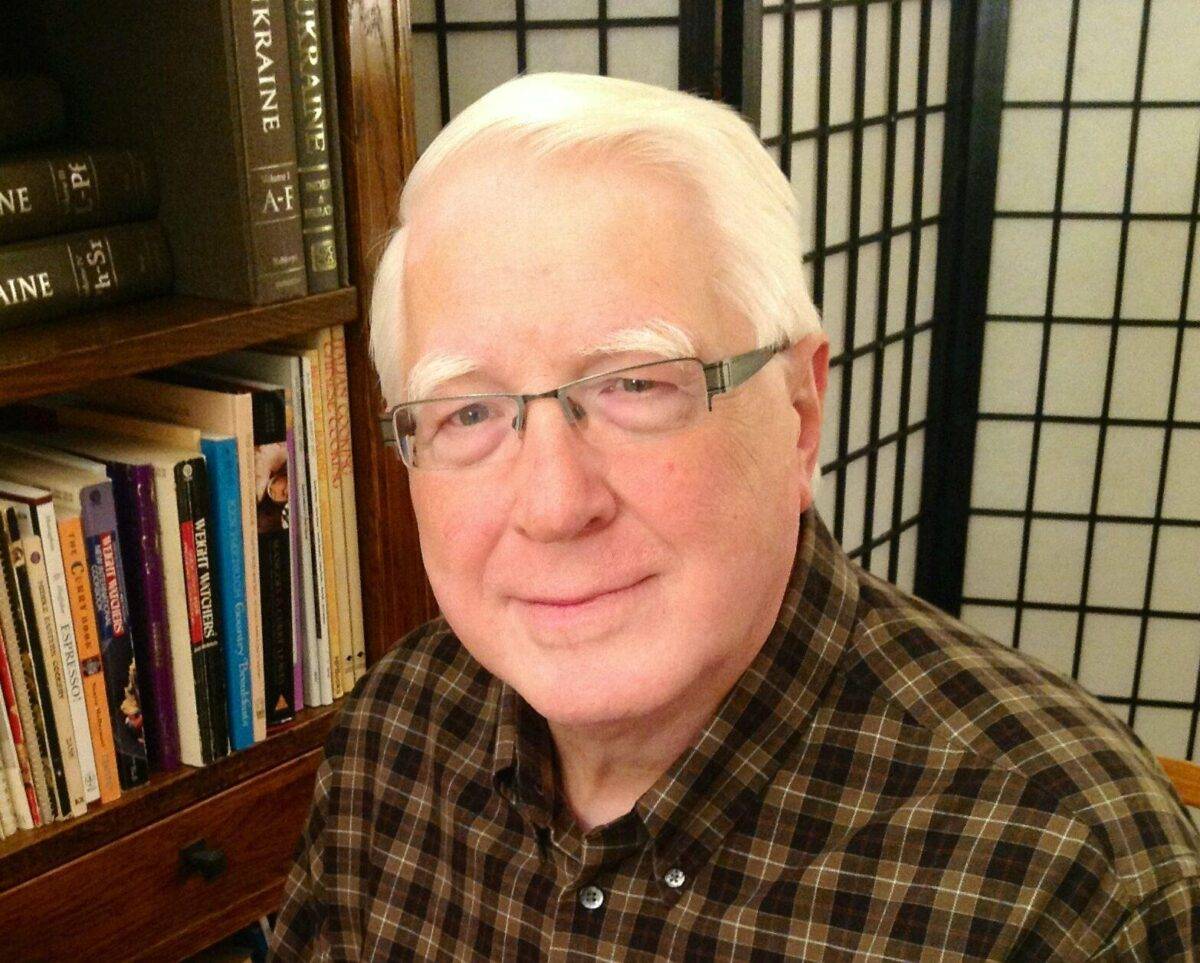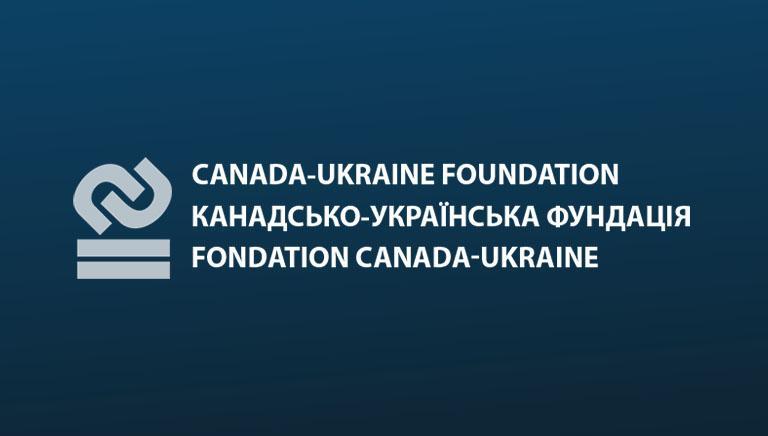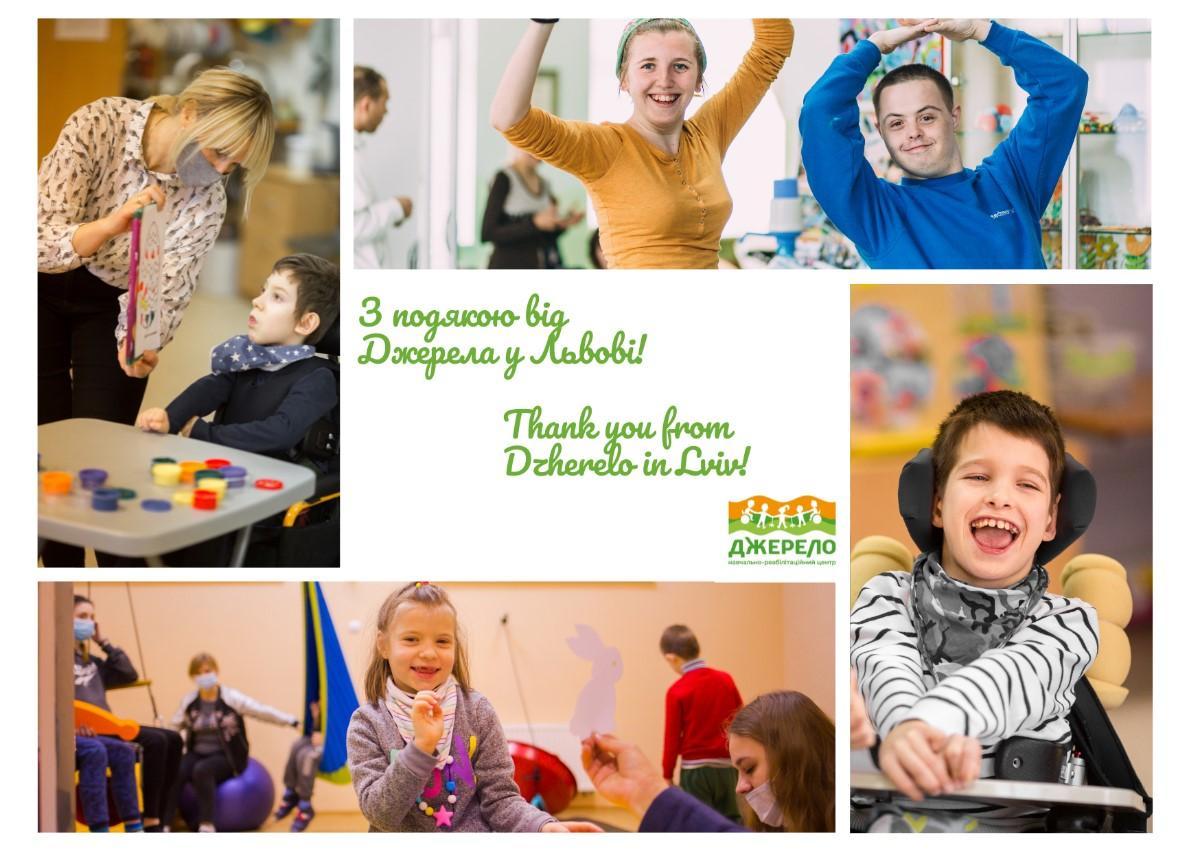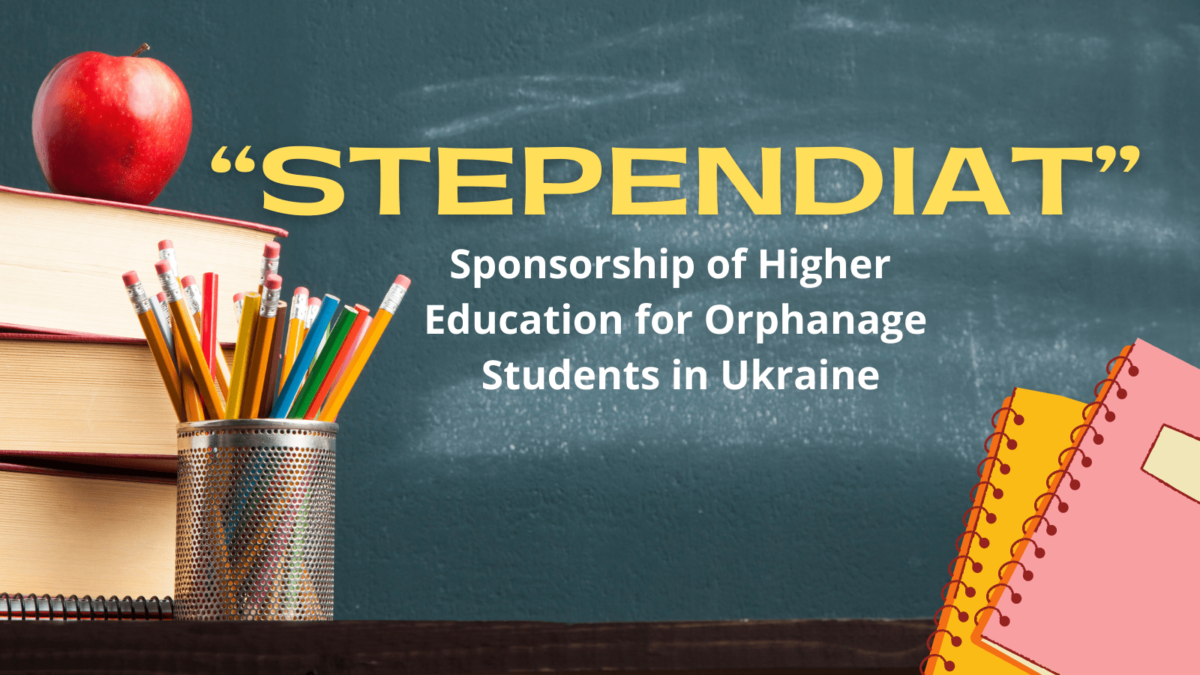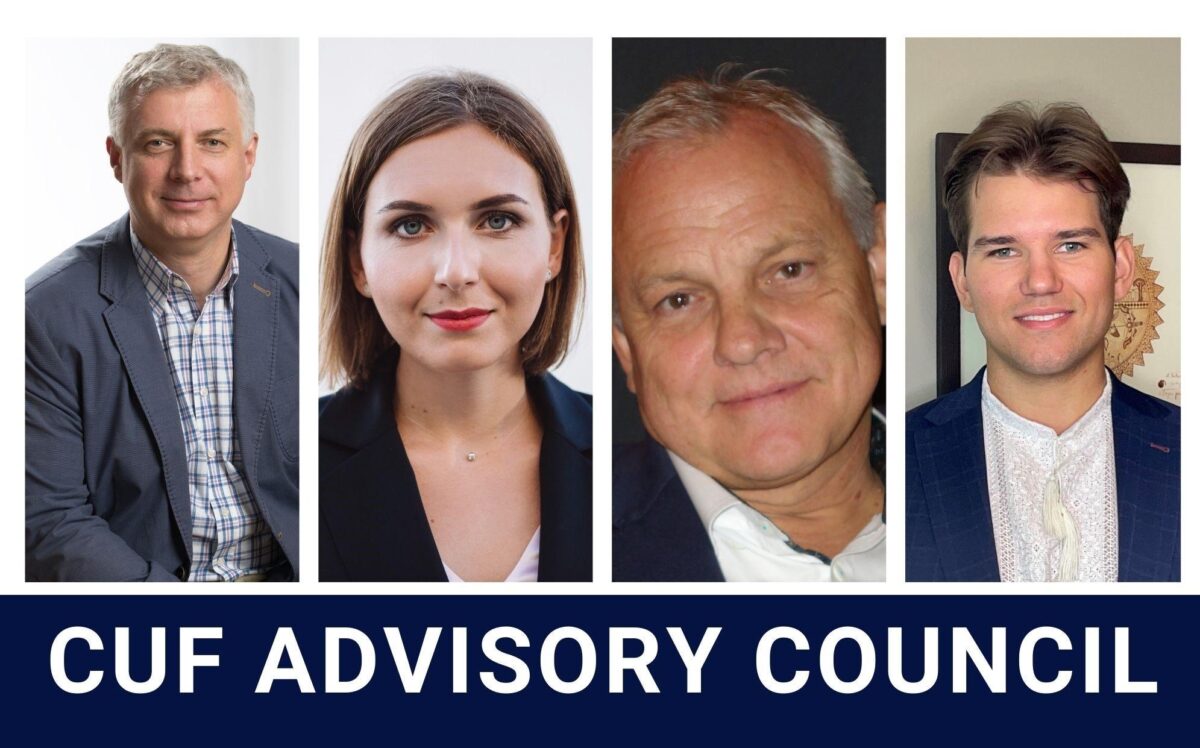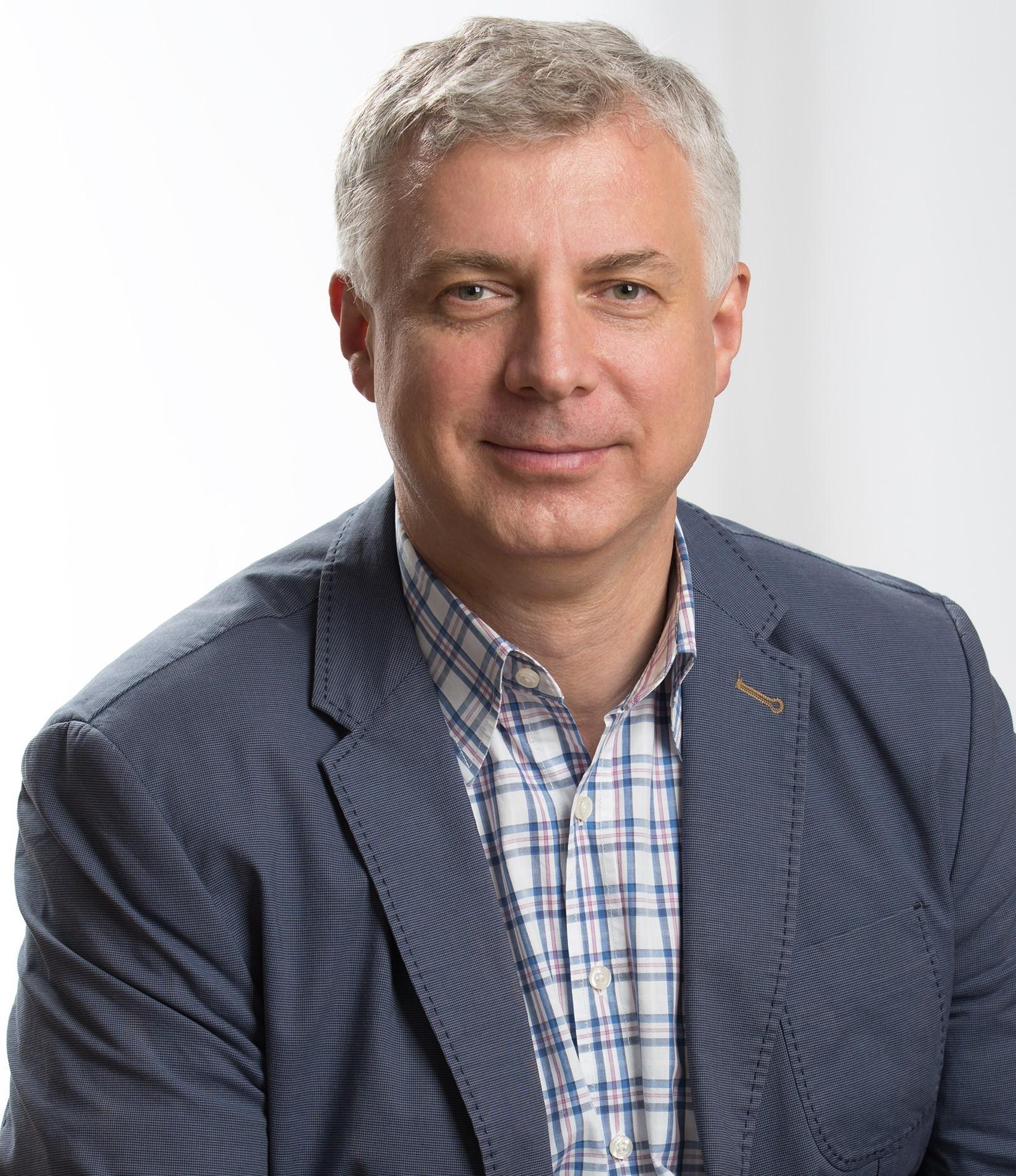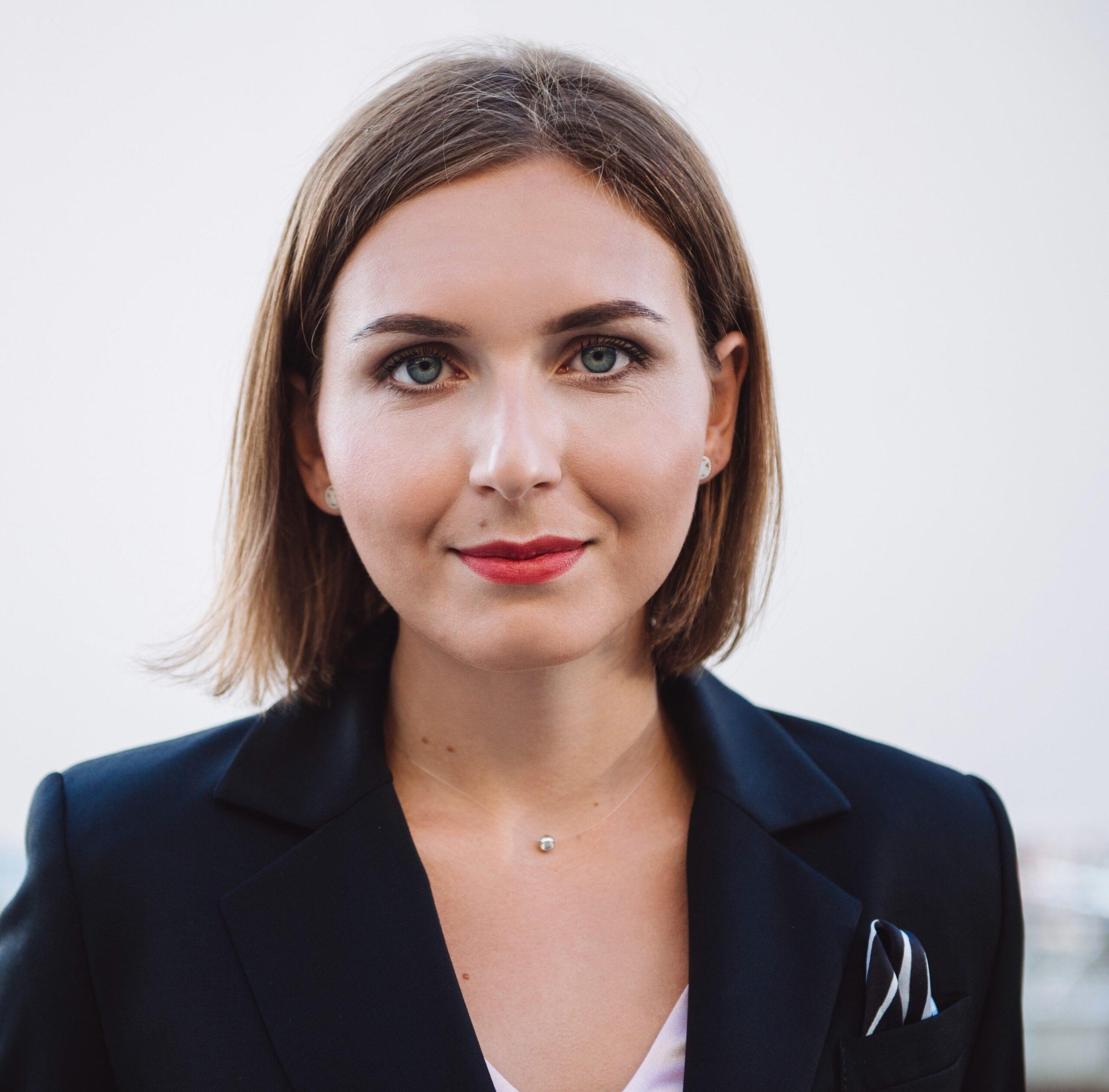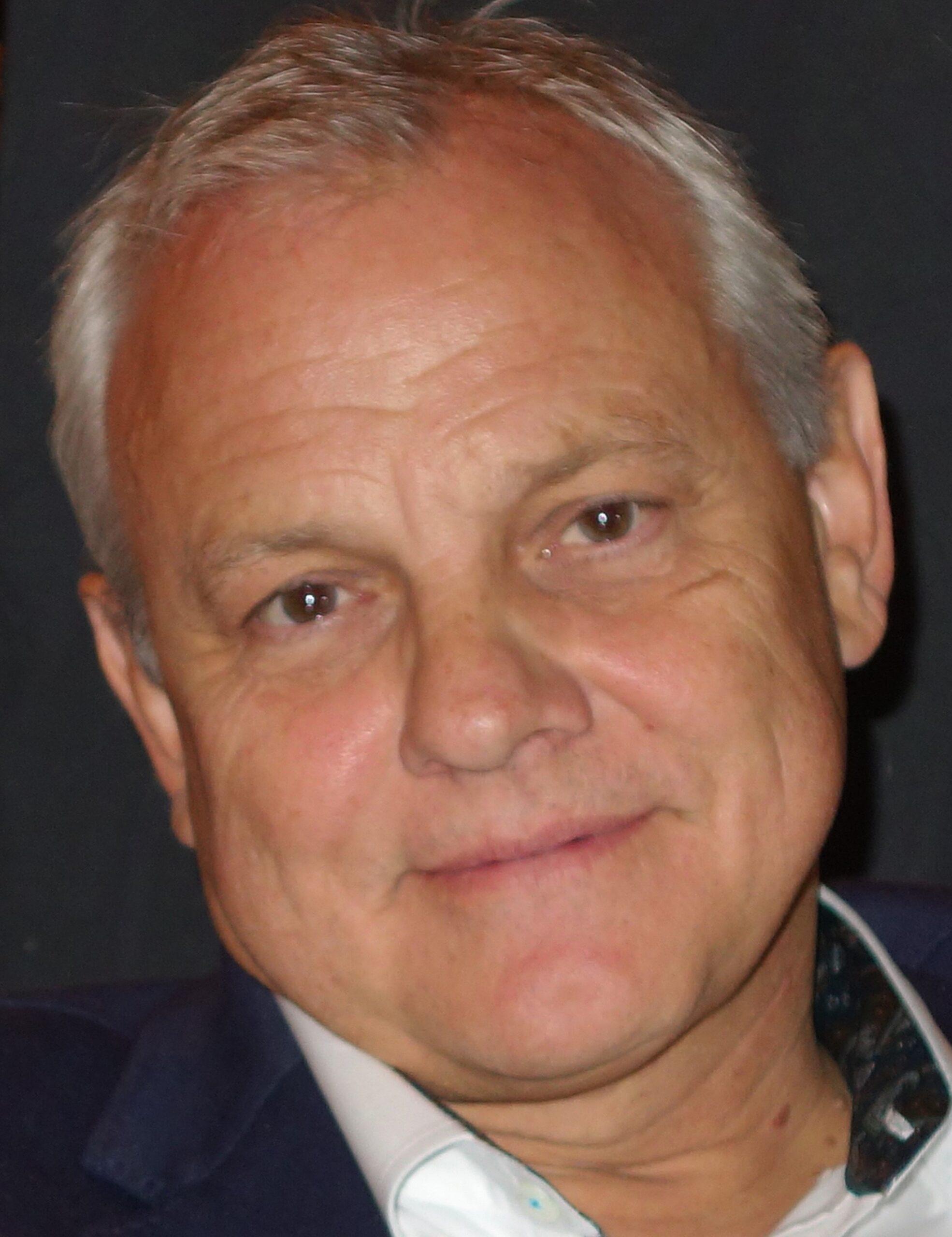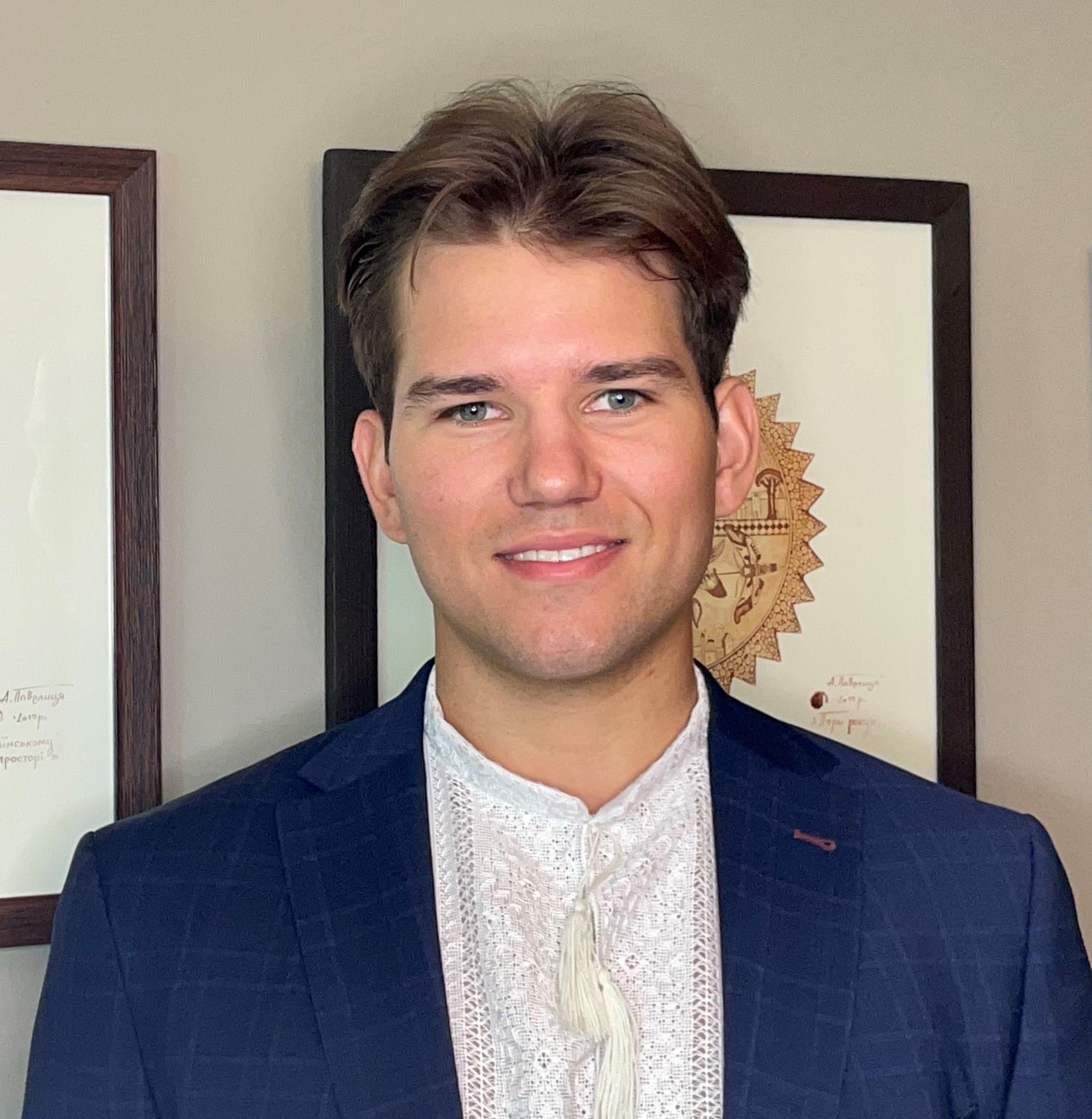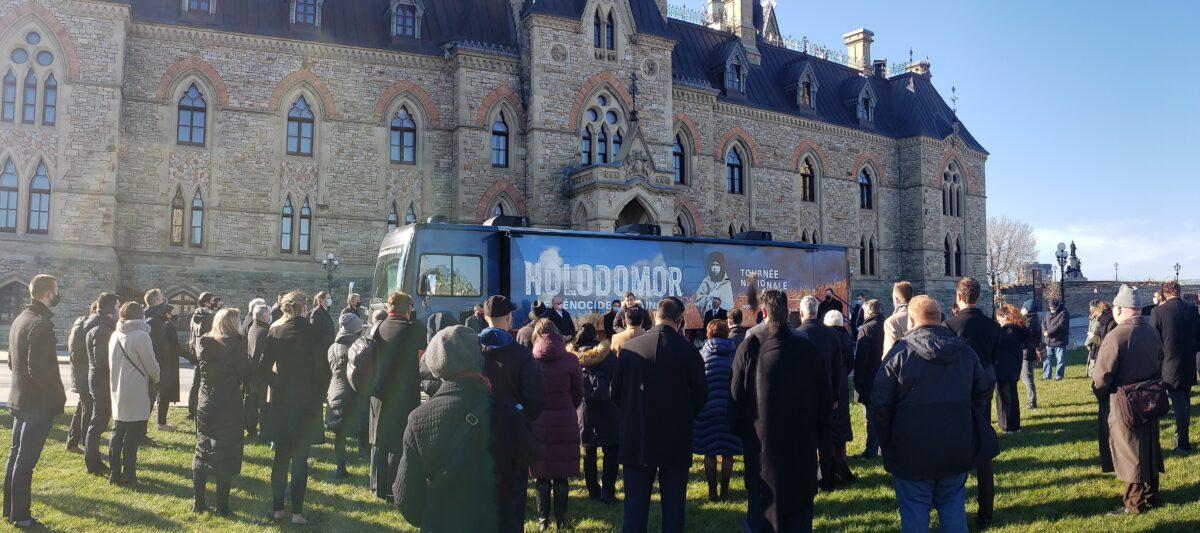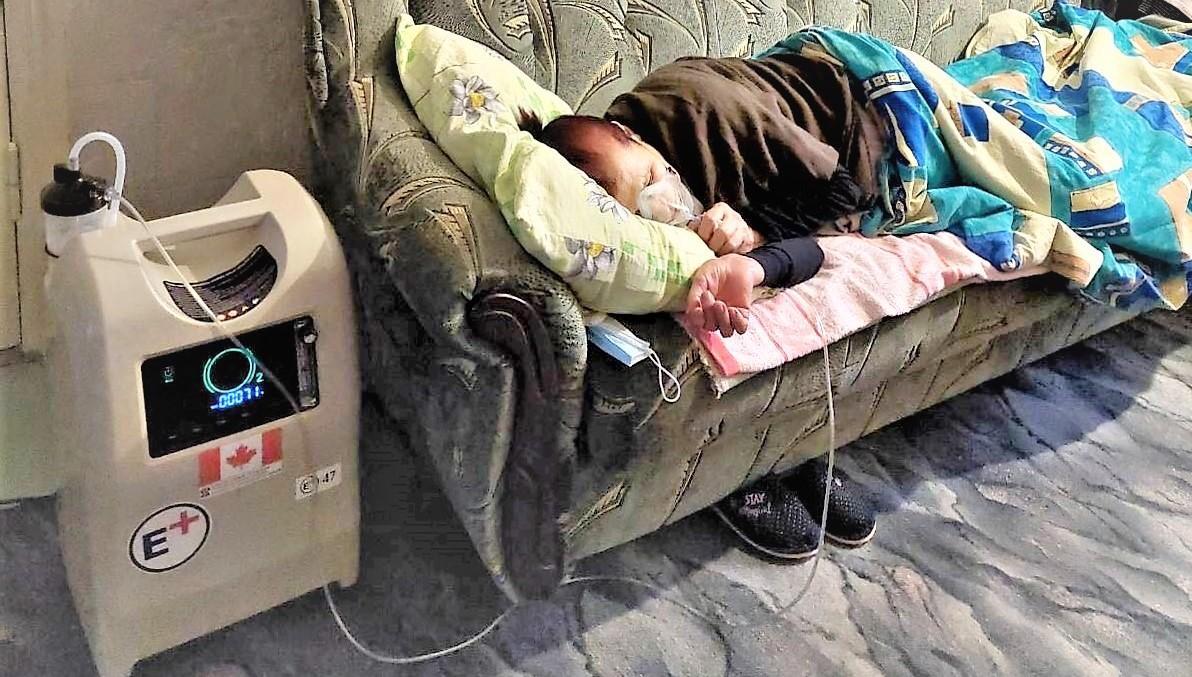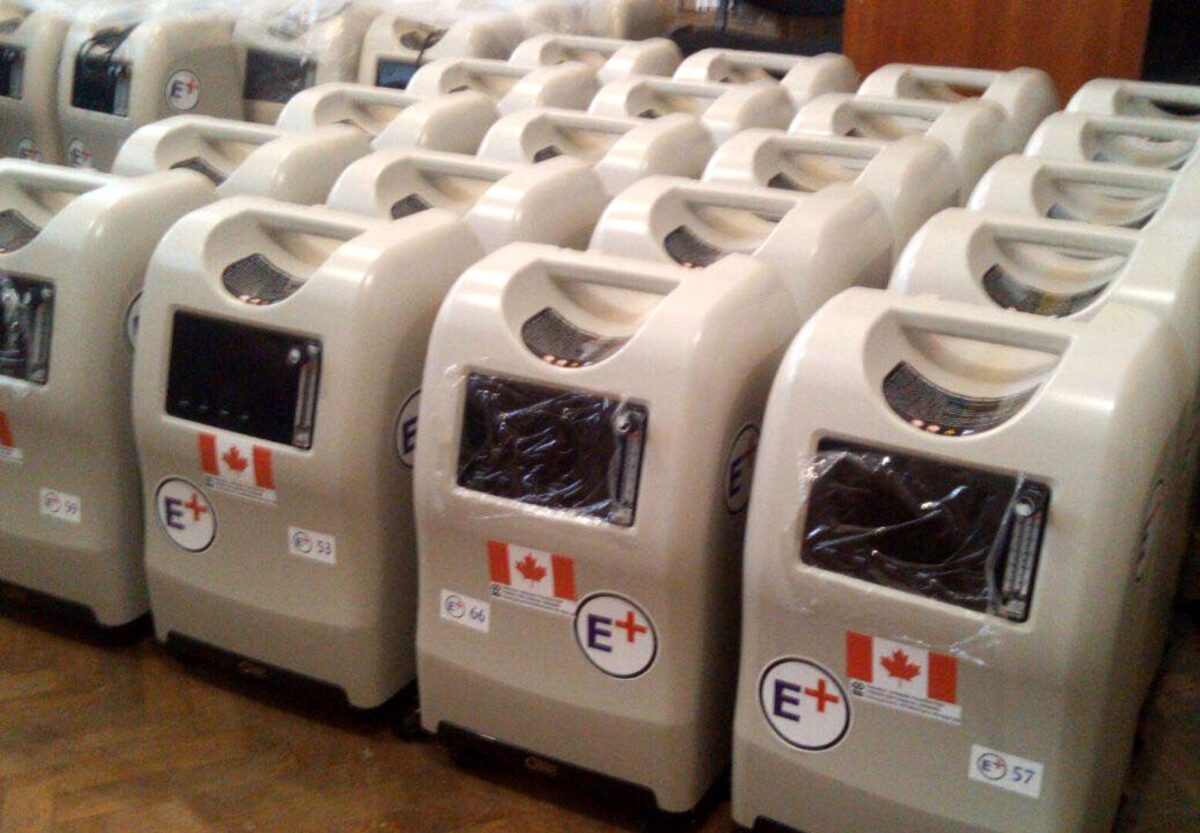Dear friends and supporters of the Canada Ukraine Foundation,
I hope this message finds you and your loved ones well.
In last winter’s newsletter, you learned that CUF’s board had evolved and brought in several new faces. I also told you about a fairly rigorous strategic planning process which we undertook during the first COVID summer of 2020.
In this past summer’s newsletter, I thanked all our partner organizations and donors, our directors, committee members and volunteers. I also welcomed Ambassador Waschuk to the board, and introduced CUF’s first staff member, Julia Stech.
In this winter’s update, I’m pleased to report over the course of 2021, we have made progress in pursuit of achieving our strategic objectives. In this newsletter you will read about some of our recently launched projects, including “Oxygen for Life”, from our healthcare committee, and “Let’s Clean Donbas Together”, a demining initiative spearheaded by our civil society committee. Both these projects fit squarely in our mandate, which includes working with partners here in Canada and on the ground in Ukraine, to achieve our objectives for the benefit of the ultimate recipient.
I don’t need to tell the readers how and why CUF was established 27 years ago, but I will inform you that over these 27 years, CUF has led the provision of more than $20 million dollars of humanitarian support through its projects, programs and partnerships.
Organizationally, CUF has a board of 28 directors, and an Executive Committee made up of the corporate officers as well as regional VPs and key committee leads. Operationally, there are both internally focused and externally focused committees, and directors might sit on multiple committees depending on their role, their skillset and their bandwidth.
As the COO, Oksana Kuzyshyn has been integral at creating, aligning and organizing the various processes, SOPs, agreements, applications and leveraging our summer students who came on around the same time as our first staff member. Oksana, along with other members of the board, provided leadership as the students helped contribute towards accelerating the organization of the office, the digitization of the archives, and a refresh of the CUF branding and communications functions.
Julia Stech came on board in June as CUF’s Executive Coordinator, and in less than 6 months has already impressed with her ability to take on vast amounts of information – from a variety of diverse voices – to appropriately identify what to prioritize and helped support both internal and external committees as they set about helping CUF achieve its mission.
The internal committees – governance, fundraising, audit/finance and marketing – have been areas of focus for me over the first half of this three-year mandate. Based upon the progress made internally, the hiring of our first staff member, and coinciding with what seems to be a swing back to near-normal activity in the external environment, I have felt my focus shift externally, towards more interactions with our partner organizations, our projects and programs, and other external stakeholders including long-term and prospective donors.
Hopefully this update has made you better acquainted with:
• how CUF is structured and operates
• how the board and staff have made strides towards achieving our strategic goals, and
• some of our recent and upcoming projects positively impacting real lives on the ground in Ukraine, which you can read about further in this newsletter and on our website
All this work is accomplished by a dedicated staff member, a committed board, the support of our member and partner organizations, and the community overall.
Thank you all for your continued support of our mission. Please be sure to follow our social media channels. A donation or two to any of our projects or to the CUF general fund (which helps run the office and usually provides seed money for new projects) is always appreciated.
Best wishes to you and your loved ones for a Merry Christmas and a safe and happy holiday season.
Orest Sklierenko,
President and CEO

